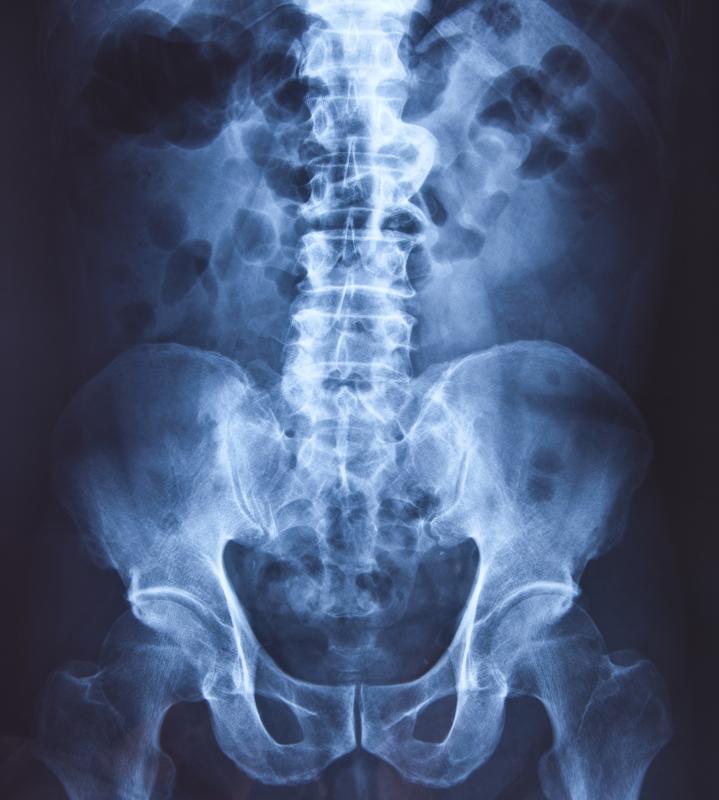
Denosumab bests zoledronic acid (ZA) at preventing skeletal-related events (SREs) in vulnerable cancer patients, according to the results of a meta-analysis. The former also shows a better tolerability profile despite being associated with potential yet manageable adverse events (AEs).
Researchers searched multiple online databases for randomized controlled trials that assessed the efficacy and tolerability of denosumab 120-mg injection vs ZA 4-mg drip, given every 4 weeks, in multiple myeloma patients with bone lesions or in patients with bone metastases secondary to advanced solid tumours.
Four trials were included in the meta-analysis, and the total population comprised 7,379 patients: 3,691 in the denosumab group and 3,688 in the ZA group. There were no significant between-group differences seen in most baseline characteristics. The quality of the trials varied from moderate to high, as shown in the Cochrane risk for bias assessment tool.
Pooled data revealed the superiority of denosumab over ZA in terms of delaying the incidence of a first SRE (hazard ratio [HR], 0.86, 95 percent confidence interval [CI], 0.80–0.93; p=0.0001), as well as that of a subsequent SRE (at least 21 days after the first SRE; HR, 0.83, 95 percent CI, 0.76–0.90; p<0.0001). However, overall survival and disease progression were similar in the two treatment groups.
Denosumab also conferred substantial benefits for bone pain (risk ratio [RR], 0.88, 95 percent CI, 0.80–0.97; p=0.01), osteonecrosis of the jaw (RR, 0.75, 95 percent CI, 0.61–0.93; p=0.007), and acute-phase reactions (RR, 0.47, 95 percent CI, 0.40–0.56; p<0.00001).
In view of the findings, the researchers suggested that a RANKL inhibitor be considered the standard of care in preventing SREs, particularly in patients with renal insufficiency. Future studies should evaluate quality-of-life measures in patients with bone lesions in myeloma and bone metastases secondary to solid tumours.